As we give thanks to God in all things and all the time, Lent of Remembering especially during the current global pandemic offers us a heightened missional perspective which calls us to extra time to pray, to repentance, and to serious intercession. Lent of Remembering in relation to some spiritual lessons of the Covid-19 summons us to focus ‘on the finiteness and fragility of human life.’ On the fragility of life, James said, “Come now, you who say, ‘Today or tomorrow we will go into such and such a town and spend a year there and trade and make a profit’—yet you do not know what tomorrow will bring. What is your life? For you are a mist that appears for a little time and then vanishes” (Jas. 4:13-14). The sin of these people was not that they made plans, but rather they ignored the brevity of human life and did not consult the Lord in making their plans. This kind of pride is evil. The covid-19 is a reminder that our lives are fragile, ‘we are like a vapour—here today and gone tomorrow. If we fail to see this, we will arrogantly assume that we know what tomorrow brings. But only God, who holds each of our lives in his hands, knows what tomorrow will bring.’
As finite and transient, any attempt to wait or depend upon our minds to validate infinite things points to the evidence of human stupidity and decay. Lent of Remembering as a source of spiritual lesson of the Covid-19 points us to our finiteness as a synonym of our human frailty. Our understanding of this fact will help us to live well and be both thankful towards God and humble before God.
Using the four mirrors of applicable biblical text, I agree that the characters or events in the bible are not so much “model of our morality” as they are “mirrors for our identity.” As “mirrors of our identity,” let us look at the issue of plagues in the bible and other natural events. Unlike a unifying causative theory of Old Testament ten plagues that devastated the land of Egypt and its people, yet spared another population (Exodus 1-12), which has present day public health implications, Covid 19 suggests a plague mirror of global pandemic. The first nine plagues resemble natural events well known in the Middle East just as the ‘bat-tonado’ was a natural event over the town of Ingham in North Queensland. Just as Covid 19 as pandemic mirror is causing serious global illness, the ‘bat-tornado’ as another mirror was so ‘intense that the local hospital’s air ambulance was grounded as they made it impossible to fly … Thousands of bats have taken over a town with residents afraid to leave home or take their children to school.’
The plagues are not just models but mirrors where we see our own hearts and the tempted strategies of our own thoughts. The question, as we find ourselves in the Egyptians’ shoes, whatever may be the cause of Covid 19, where are we with God? Beyond the problem of analysing biblical/historical events from contemporary records and events, the mirror of human finite condition invite us to remind ourselves that we are finite, even at our best we cannot know everything, be everywhere or fix everything. Let us ask ourselves, what aspect of our human limits is revealed in the actions of tyrannical leadership like Pharaoh and his magicians when they tried to replicate God’s power? God exceeds the Egyptian gods’ power just as God exceeds human and scientific powers over the control of Covid-19. It takes a generation of slaves ten plagues to believe that redemption is truly possible. We are finite, and just as the Israelites, Pharaoh and the Egyptians united by the plagues need proof of God’s power and might, we also as oppressed, sick, and divided people need inspiration and guidance towards the hope and the healing we know is just over the horizon.
The mirror of human fallen condition reminds us to ask ourselves, what aspect of the fruit of the flesh (Galatians 5) is revealed in the actions or thought of Pharaoh and his magicians while trying to overcome the plagues? Pharaoh and his magicians reveals tyrannic, cruel, and stubborn leadership that disregards God’s command and laws.
Lent of Remembering in relation to some spiritual lessons of the Covid-19 as great corrector points us to the mirror of our human fragile condition. We are fragile and the question is, what aspect of human fragility, weakness and vulnerability is revealed in our actions or thoughts in response to Covid-19? Nick Gutman, the head of the humanitarian division at Christian Aid explained: “All health crises affect the poor and vulnerable the most, and Covid-19 is no exception. Refugees are some of the most vulnerable people in the world. They do not have the luxury of social distancing in cramped refugee camps and they do not have homes in which to self-isolate. Access to medical facilities is limited and the destabilisation of the global economy is likely to have an impact on their livelihoods and the flow of humanitarian aid.”
Lent of Remembering in relation to some spiritual lessons of the Covid-19 as great corrector points us to the mirror of our human faltering condition which is beyond phariseeism but disciple-faltering. As leaders and followers are we fall of our best intentions like Pharaoh and his magicians? The challenge imposed by Covid-19 beyond a great disaster summons us to greater repentance and intercession for the healing of our nations.

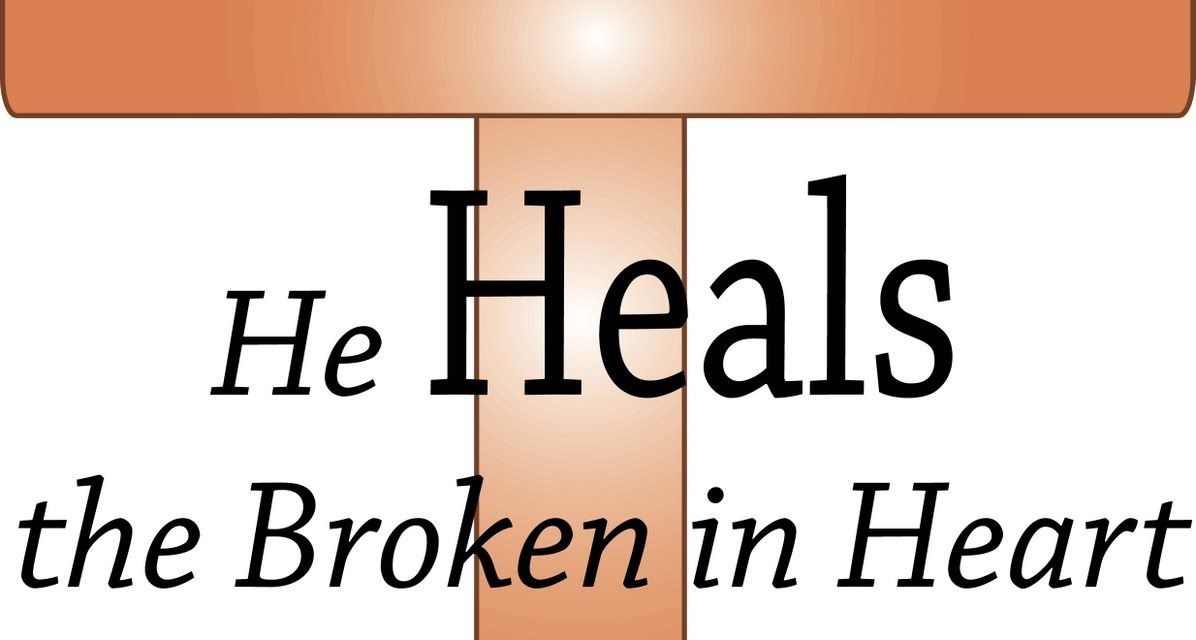
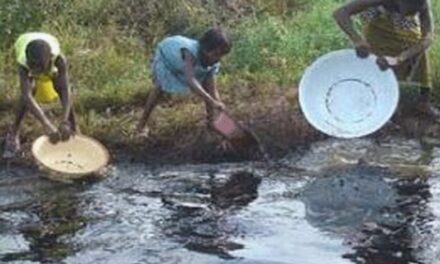
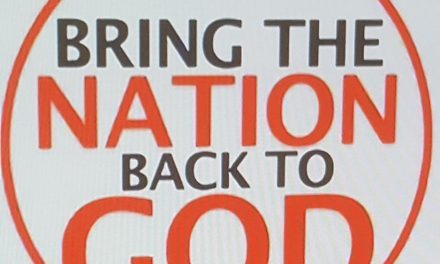
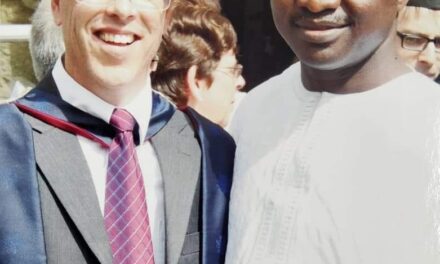
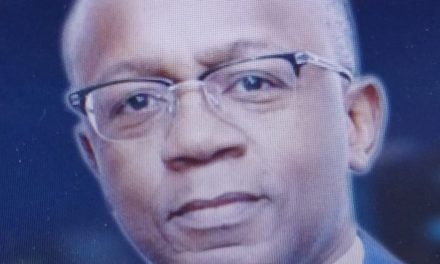





Recent Comments